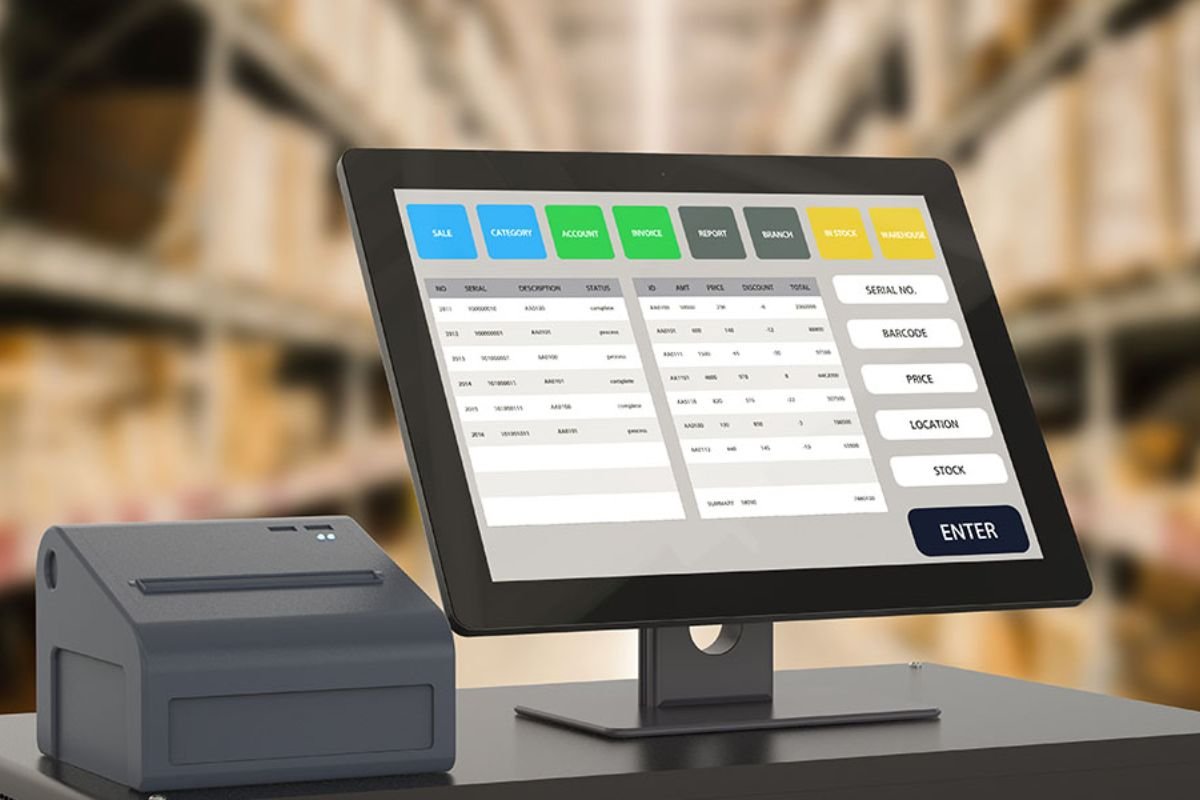In the fast-paced world of logistics and transportation, efficiency is paramount. Transport Management Systems (TMS) have emerged as invaluable tools for businesses seeking to optimize their transportation operations. From route planning and load optimization to real-time tracking and performance analytics, TMS solutions offer a comprehensive suite of features designed to streamline workflows, reduce costs, and enhance customer satisfaction. In this article, we’ll explore the benefits of TMS and how they are revolutionizing the transportation industry.
The Role of Transport Management Systems:
Transport Management Systems (TMS) are software solutions that facilitate the planning, execution, and optimization of transportation operations. These systems automate and streamline various tasks involved in the transportation process, including order management, route planning, carrier selection, freight auditing, and performance monitoring. By integrating with other business systems such as Enterprise Resource Planning (ERP) and Warehouse Management Systems (WMS), TMS solutions provide end-to-end visibility and control over the entire supply chain.
Benefits of Implementing a Transport Management System:
Enhanced Efficiency: TMS solutions automate manual tasks and streamline processes, resulting in improved efficiency and productivity. With features such as automated load tendering, route optimization, and real-time tracking, businesses can optimize resource utilization and minimize transit times, leading to faster delivery cycles and reduced operational costs.

Cost Savings: By optimizing routes, consolidating shipments, and selecting the most cost-effective carriers, transport management system solutions help businesses reduce transportation expenses significantly. Additionally, features like freight audit and payment automation enable accurate billing and invoice reconciliation, eliminating costly errors and discrepancies.
Improved Visibility and Control: TMS solutions provide real-time visibility into shipments, allowing businesses to track their freight’s status and location at any given time. This visibility enables proactive problem-solving, such as rerouting shipments to avoid delays or addressing issues before they escalate, ultimately enhancing customer satisfaction and loyalty.
Compliance and Risk Management: TMS solutions help businesses ensure compliance with regulatory requirements and industry standards, such as carrier safety regulations and environmental mandates. By providing documentation management capabilities and automated reporting tools, TMS solutions help mitigate risks associated with non-compliance and avoid potential penalties or fines.

Data-driven decision-making: Transport Management System solutions collect and analyze vast amounts of transportation data, providing valuable insights into operational performance, carrier performance, and overall supply chain efficiency. By leveraging advanced analytics and reporting capabilities, businesses can make informed decisions, identify areas for improvement, and implement strategies to optimize their transportation operations continually.
Integration with Supply Chain Partners: A robust Transport Management System (TMS) facilitates seamless integration with supply chain partners, including carriers, freight forwarders, suppliers, and customers. By sharing real-time data and collaborating closely with stakeholders, businesses can streamline communication, improve coordination, and enhance supply chain visibility, leading to smoother operations and better decision-making.
Sustainability Initiatives: Many Transport Management Systems (TMS) offer features and capabilities to support sustainability initiatives and environmental goals. By optimizing routes, minimizing empty miles, and selecting fuel-efficient carriers, TMS solutions help reduce carbon emissions and minimize the environmental impact of transportation activities, aligning with corporate social responsibility objectives and contributing to a greener planet.

Customer Service and Satisfaction: Implementing a Transport Management System (TMS) can have a positive impact on customer service and satisfaction levels. By improving delivery accuracy, reducing transit times, and providing real-time shipment tracking capabilities, TMS solutions enhance the overall customer experience, fostering loyalty and repeat business. Additionally, features such as automated notifications and exception management enable proactive communication and problem resolution, further enhancing customer satisfaction.
FAQs:
What is a Transport Management System (TMS), and how does it work?
A Transport Management System (TMS) is a software solution designed to automate and optimize transportation processes, including route planning, load optimization, carrier selection, and performance monitoring. TMS solutions integrate with other business systems to provide end-to-end visibility and control over the entire supply chain, enabling businesses to streamline operations and reduce costs.
How can a Transport Management System (TMS) benefit my business?
Implementing a Transport Management System (TMS) offers numerous benefits, including enhanced efficiency, cost savings, improved visibility and control, compliance and risk management, and data-driven decision-making. By automating manual tasks, optimizing routes, and providing real-time visibility into shipments, TMS solutions help businesses streamline operations, reduce transportation expenses, and enhance customer satisfaction.
Is a Transport Management System (TMS) suitable for small businesses?
Yes, Transport Management Systems (TMS) are scalable and customizable to meet the needs of businesses of all sizes, including small and medium-sized enterprises (SMEs). Many TMS providers offer solutions tailored to the unique requirements and budget constraints of small businesses, enabling them to benefit from the efficiency, cost savings, and competitive advantages offered by TMS technology.
How long does it take to implement a Transport Management System (TMS) in my business?
The implementation timeline for a Transport Management System (TMS) varies depending on factors such as the complexity of your transportation operations, the level of customization required, and the readiness of your organization. While some TMS implementations can be completed within a few weeks, others may take several months, particularly for large enterprises with extensive supply chains and IT infrastructure.
What should I consider when selecting a Transport Management System (TMS) for my business?
When selecting a Transport Management System (TMS), it’s essential to consider factors such as functionality, scalability, integration capabilities, ease of use, vendor reputation, and total cost of ownership. Evaluate your business requirements carefully and conduct thorough research to identify TMS solutions that align with your objectives and deliver the features and benefits you need to optimize your transportation operations.






